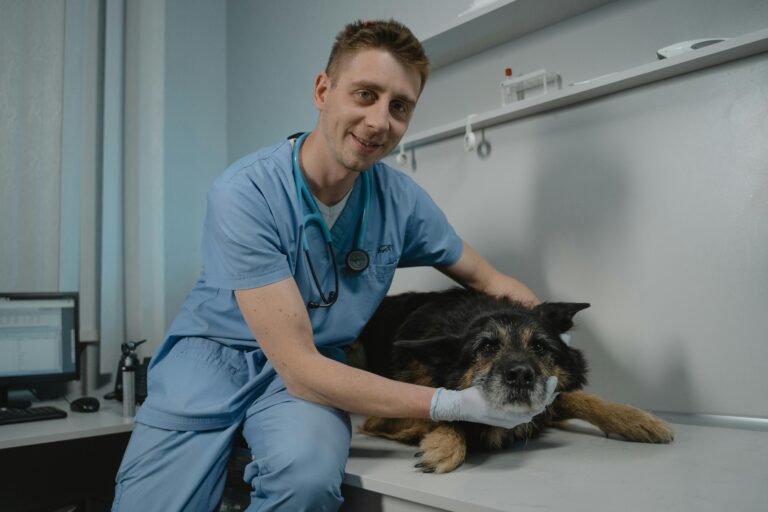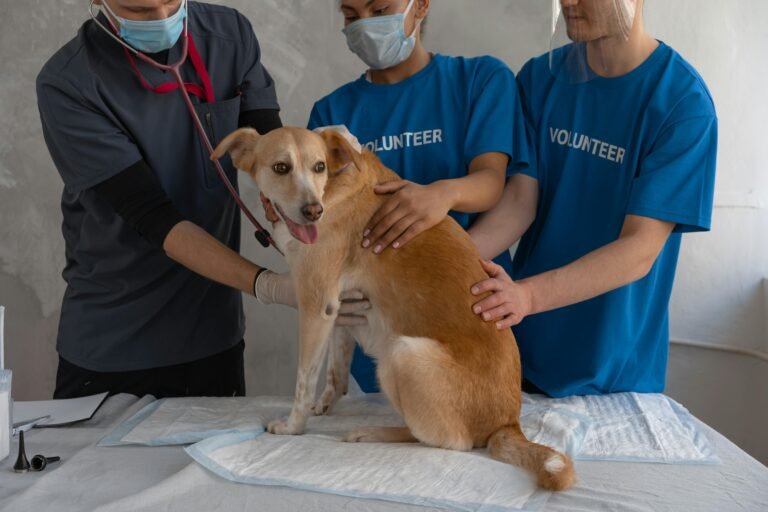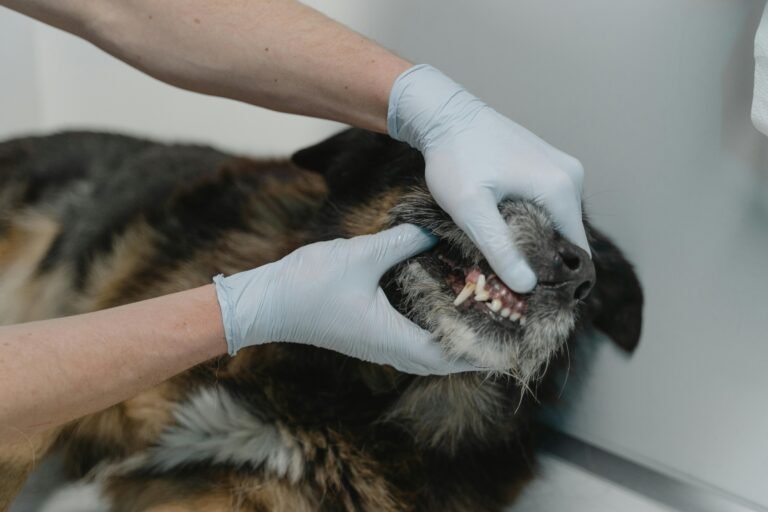Dogs are experts at hiding pain. In the wild, appearing weak could make them a target, so even our domesticated pups tend to tough things out. That means the signs something’s wrong can be subtle—so subtle that many pet owners miss them until a minor issue becomes a major emergency.
While not every cough or scratch is cause for alarm, there are certain symptoms that should always grab your attention, no matter how mild they seem. When in doubt, it’s always better to check in with your vet early rather than wait too long.
1. Sudden Lethargy or Weakness
If your normally bouncy dog suddenly doesn’t want to play, walk, or even move off the bed, pay attention. Lethargy isn’t just tiredness—it can be a sign of infection, internal pain, poisoning, or even cardiac issues.
Especially urgent if: It happens suddenly, lasts more than a few hours, or is paired with vomiting, diarrhea, or pale gums.
2. Difficulty Breathing
Even mild changes in breathing should never be ignored. If your dog is panting excessively at rest, coughing, wheezing, or seems to be struggling to catch their breath, it could point to respiratory illness, heart disease, or even heatstroke.
Tip: Watch for flared nostrils, extended neck, or open-mouth breathing when calm—these are all red flags.
3. Vomiting or Diarrhea for More Than 24 Hours
One-time vomiting or soft stool might just be dietary upset, but persistent GI symptoms are dangerous. Dehydration sets in quickly, and underlying causes range from parasites to pancreatitis or toxin ingestion.
Especially urgent if: You see blood in vomit or stool, or if your dog also refuses food or water.
4. Limping That Doesn’t Improve
A brief limp after rough play might be harmless, but persistent or worsening limping could indicate ligament tears, fractures, or joint disease. Dogs hide pain well, so if you notice a limp, don’t assume it will go away on its own.
Vet check is a must if: The limp lasts more than 48 hours or gets worse with movement.
5. Changes in Eating or Drinking Habits
If your dog suddenly stops eating, drinks excessively, or becomes unusually picky, something may be off. These changes can be tied to dental issues, kidney problems, liver disease, or diabetes.
Watch for: Weight loss, bad breath, swollen gums, or increased urination—all signs that point to deeper concerns.
Final Thoughts
It’s easy to brush off subtle symptoms as quirks, but your dog relies on you to notice when something’s not right. As a general rule: if your gut tells you it’s strange, it’s worth calling your vet. Trust your instincts—you know your dog best.
Early action could mean a quicker recovery, less discomfort for your pup, and fewer medical bills down the line. When it comes to your dog’s health, playing it safe is always the smart move.






